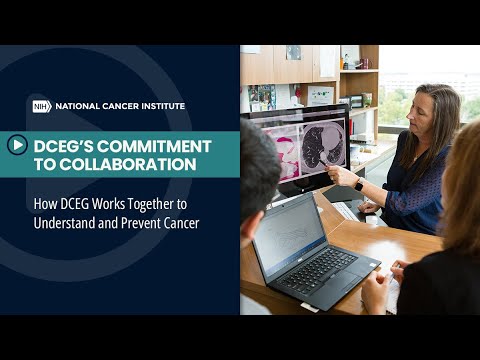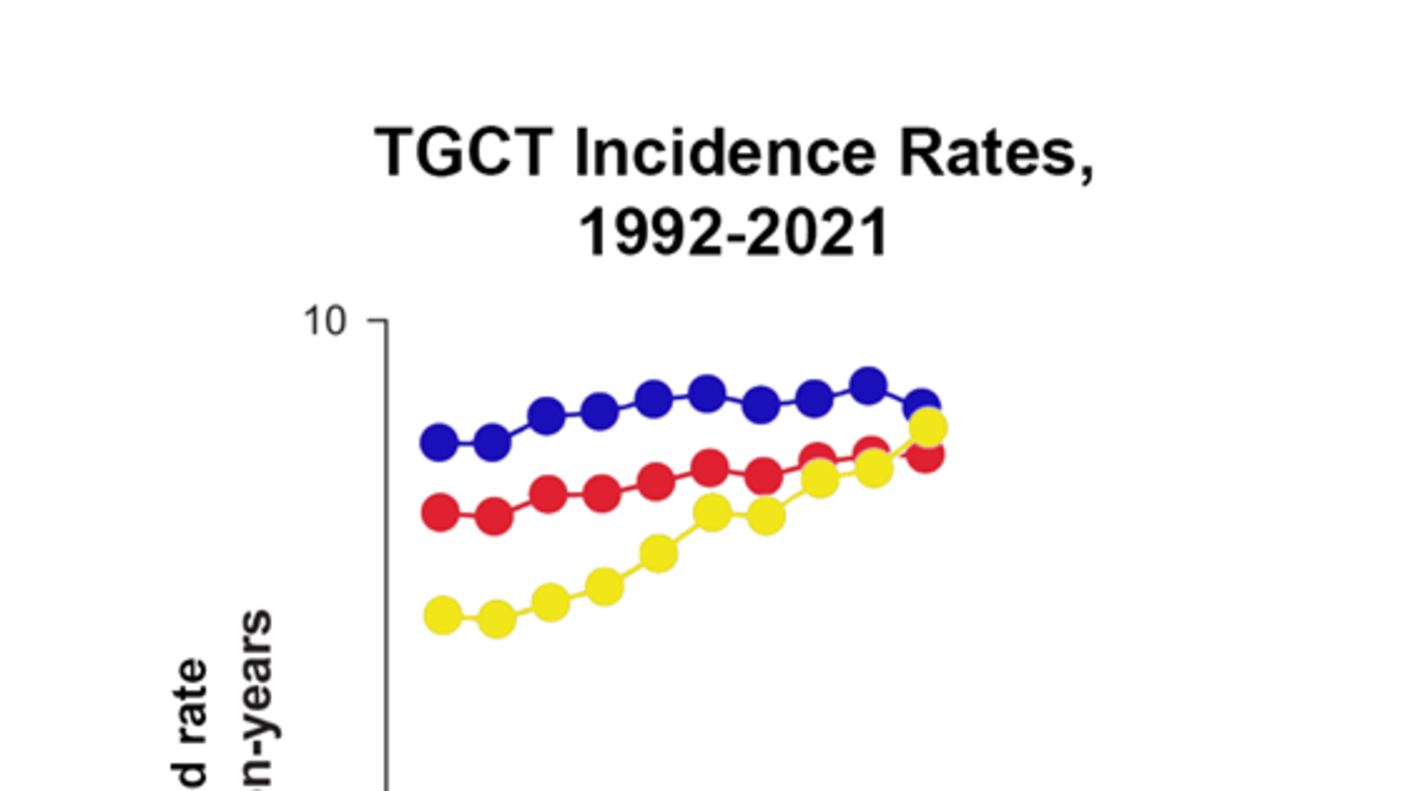Our Research
Discovering the causes of cancer and the means of prevention
DCEG’s multidisciplinary research covers most types of cancer and many exposures in a variety of populations. Our cadre of in-house scientists – epidemiologists, geneticists, biostatisticians, and clinicians – form interdisciplinary teams to study complex questions. DCEG forms collaborative partnerships within the NIH/NCI intramural research program and with scientists at academic and medical institutions around the world, which enables it to carry out its research.
The results of our research have played an important role in improving public health.

DCEG's Commitment to Collaboration
Explore Our Research
-
Cancer Types Studied in DCEG
DCEG investigators conduct research on many types of cancer to better understand the underlying causes of each disease.
-
What We Study
DCEG experts investigate exposures and risk factors for cancer
-
Who We Study
Diverse populations and subsets of populations studied by DCEG.
-
How We Study: Research Approaches Employed by DCEG Experts
Research methods developed and employed by DCEG experts
-
Enroll in a DCEG Study!
DCEG investigators are enrolling participants for a number of different studies
-
Public Health Impact of DCEG Research
Public Health Impact of DCEG Research
Research News
-
 Asian American, Pacific Islander Adults Have Distinct Overall, Leading-Cause Death Rates
Asian American, Pacific Islander Adults Have Distinct Overall, Leading-Cause Death RatesFindings on health data for Asian Americans and Pacific Islanders shows the critical need to distinguish these racial groups.
-
 Testicular Cancer Incidence Rising in the U.S.
Testicular Cancer Incidence Rising in the U.S.A new study marks a significant development in the descriptive epidemiology of testicular cancer in the U.S.
-
 Calculator of Colorectal Cancer Survival Probability
Calculator of Colorectal Cancer Survival ProbabilityModel suggests shorter wait times for some patients and longer wait times for others